A story (From Scroll to Screen) in The New York Times Book Review section got my attention. The writer, Lev Grossman, raised some interesting points about how the way we read has changed over the years: From scroll to codex to e-Reader. He makes some great points.
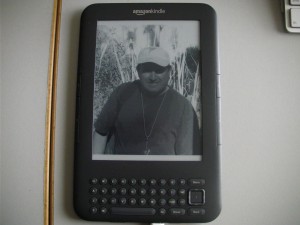
I love my Kindle because I can carry many books with me when I travel. But to his point, reading is linear like the scroll.You start at the beginning and continue, button press or swipe by button press or swipe, to the end.
You may be able to search easier on an e-Reader, but the idea, that I learned to love from my visits to Powell’s and other such bookstores, of picking up a book, flipping it to any page and just reading, is really not an option.

Stacks of Codex (Bound Books)
I used to call it “Karma Reading.” A book would seemingly fall into my hands. I’d open to a page at random and read. If it grabbed me, I grabbed & bought it.
My bookshelves are full of such discoveries.
So yes, I love my e-Reader but I desire the joyful experience of having a book surprise me. Maybe some smart person will create a “surprise me” button which will simulate that experience. That would be way cool.
###
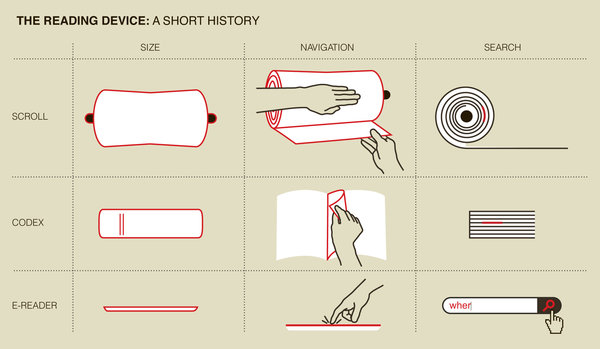
Notable quotables:
The codex (bound book) also came with a fringe benefit: It created a very different reading experience. With a codex, for the first time, you could jump to any point in a text instantly, non-linearly. You could flip back and forth between two pages and even study them both at once. You could cross-check passages and compare them and bookmark them. You could skim if you were bored, and jump back to reread your favorite parts. It was the paper equivalent of random-access memory, and it must have been almost supernaturally empowering. With a scroll you could only trudge through texts the long way, linearly.
The codex (bound book) is built for nonlinear reading, not the way a Web surfer does it, aimlessly questing from document to document, but the way a deep reader does it, navigating the network of internal connections that exists within a single rich document like a novel. Indeed, the codex isn’t just another format, it’s the one for which the novel is optimized. The contemporary novel’s dense, layered language took root and grew in the codex, and it demands the kind of navigation that only the codex provides.


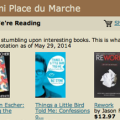
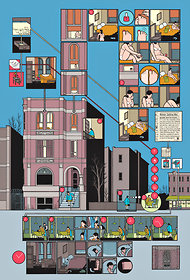

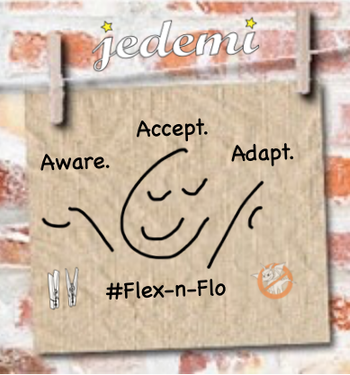

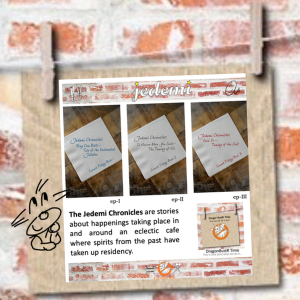

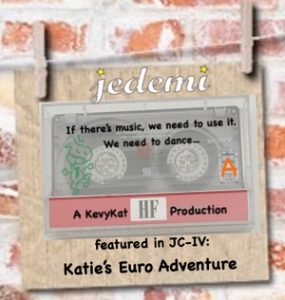

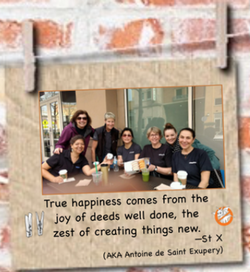

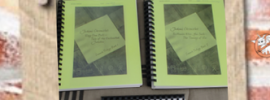
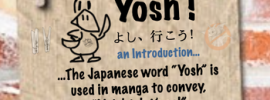



Speak Your Mind